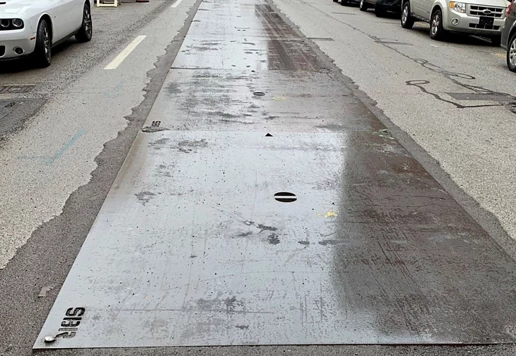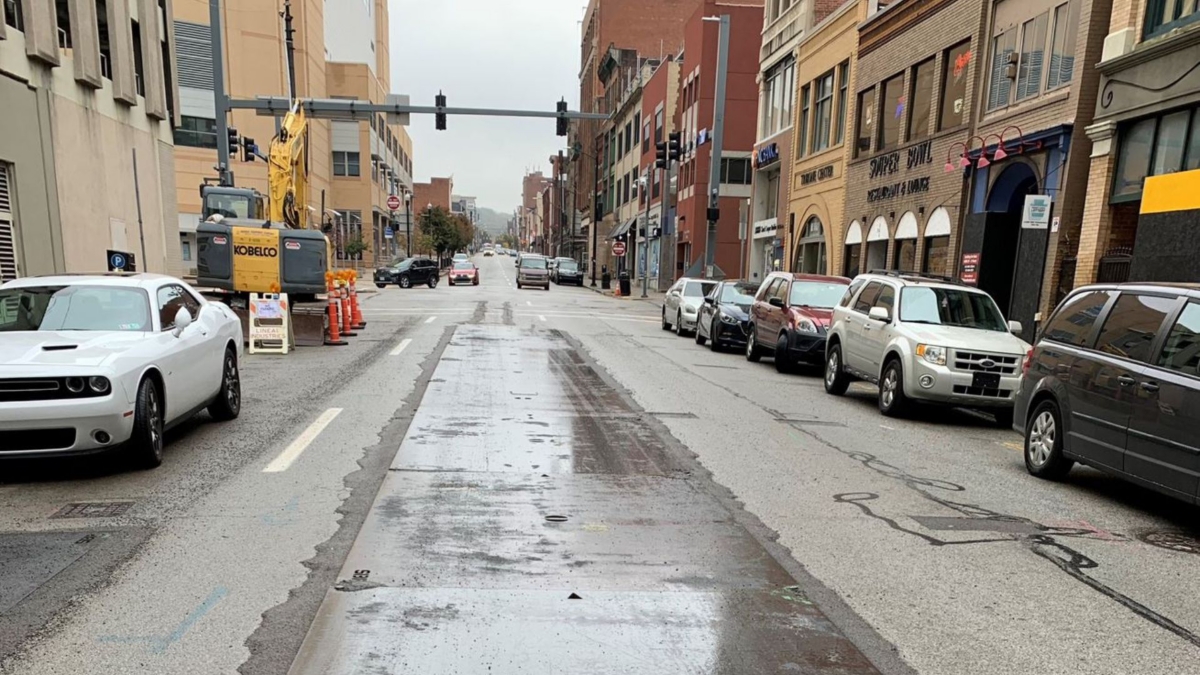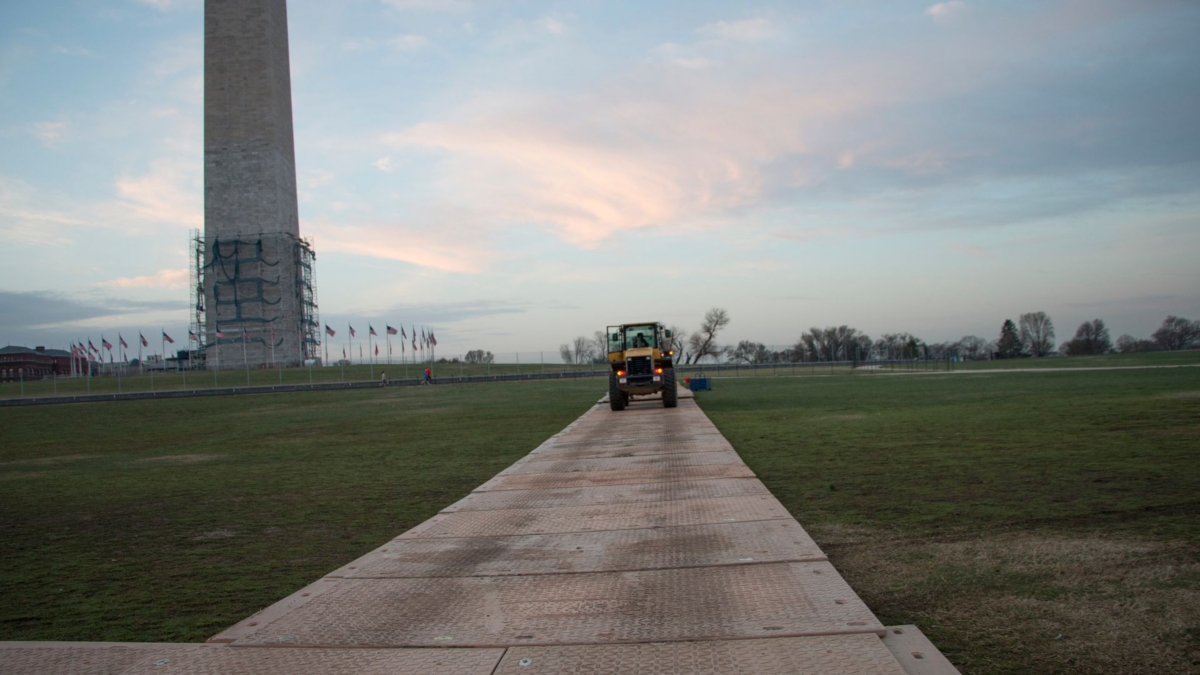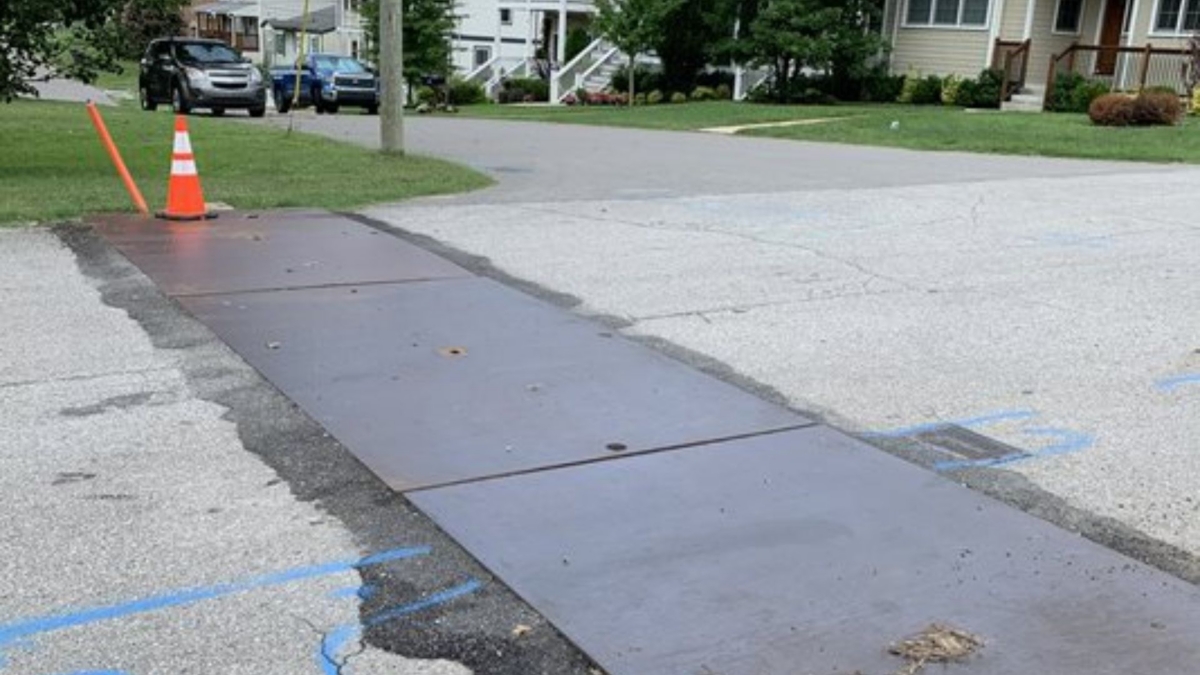Use the Sunbelt Rentals app
Find, rent, and return equipment, right at your fingertips
-
Equipment and Tools
-
Aerial Work Platforms, Scaffolding And Ladders
- See all
- Atrium Lift
- Cranes / Boom Trucks
- Electric Scissorlifts
- Low-Level Access
-
Manlift Articulating
- See all
- Manlift Articulating 120' - 135' Combustion
- Manlift Articulating 30' - 39' Combustion
- Manlift Articulating 30' - 39' Electric
- Manlift Articulating 34' - 39' Towable
- Manlift Articulating 40' - 49' Combustion
- Manlift Articulating 40' - 49' Electric
- Manlift Articulating 50' - 59' Towable
- Manlift Articulating 60' - 69' Combustion
- Manlift Articulating 60' - 69' Electric
- Manlift Articulating 80' - 89' Combustion
- Manlift Straight Boom
- Mast Boom Lift
- One Man Drivable
- One Man Push Arounds
- Power Accessories
- Rt Scissor
- Scaffolding And Ladders
- Straddle Adapter
-
Air Compressors And Air Tools
- See all
- Air Compressor Aftercoolers / Filters / Separators / Dryers
-
Air Compressors
- See all
- Air Compressors 1000cfm - 1300cfm
- Air Compressors 1000cfm - 1300cfm Instrument Quality
- Air Compressors 1500cfm - 1800cfm Instrument Quality
- Air Compressors 300cfm - 400cfm
- Air Compressors 300cfm - 400cfm Instrument Quality
- Air Compressors 5cfm - 85cfm
- Air Compressors 600cfm - 900cfm
- Air Compressors 600cfm - 900cfm Instrument Quality
- Air Compressors 90cfm - 250cfm
- Air Compressors Electric 100cfm - 1000cfm
- Air Compressor Accessories
- Air Impact Wrenches
- Air Nailers & Staplers
- Air Tools - Contractor
- Air Tools - Demolition
- Air Tools - Industrial
- Compaction
-
Concrete And Masonry
- See all
- Battery Powered Saw
- Concrete - Finishing Equipment
- Concrete - Surface Preparation Equipment
-
Concrete / Masonry - Cutting & Drilling Equipment
- See all
- Concrete& Asphalt Floor Saws - Push Type
- Concrete And Masonry Blades
- Concrete Dowel Drills
- Core Drill Bits
- Crack Chasers
- Cutoff Saws Hand Held/ Gas/ Air/ Electric/ Hydraulic
- Diamond Chain Saws
- Diamond Core Drills
- Early Entry Concrete Saws
- Masonry Saws
- Street Saws Self-Propelled
- Tile Saws
- Concrete Water Accessories
- Concrete / Masonry - Mixing & Placing Equipment
-
Cooling, Heating, Drying And Indoor Air Quality
- See all
- Air Management - Accessories
- Air Management - Air Scrubbers
- Air Management - Dehumidifier
- Air Management - Fans & Blowers
- Boilers
- Cooling - Air Conditioning
- Cooling - Air Handlers
- Cooling - Chillers
- Cooling - Cooling Tower
- Cooling - Spot Cooler
- Fans / Blowers / Ventilators
- Heating - Accessories
-
Heating - Direct Fired
- See all
- 201k-300k Btu Kerosene Heater Dir
- 20k-80k Btu Kerosene Heater Dir
- 301k-400k Btu Kerosene Heater Dir
- 301k-400k Btu Lp/Ng Heater Dir
- 40k-70k Btu Kerosene Heater Dir
- 81k-200k Btu Kerosene Heater Dir
- Propane Convection& Radiant Heaters 22k - 200k Bt
- Propane/Natural Gas Direct-Fired Heaters 30k-2.5m
- Heating - Electric
- Heating - Flameless
- Heating - Hydronic / Ground
-
Heating - Indirect Fired
- See all
- 1000k Btu And Up Kerosene Heater
- 1000k Btu And Up Lp/Ng Heater
- 1mil - 5mil Btu Diesel Heater
- 201k-300k Btu Kerosene Heater
- 301k-400k Btu Kerosene Heater
- 301k-400k Btu Lp/Ng Heater
- 401k-500k Btu Kerosene Heater
- 401k-500k Btu Lp/Ng Heater
- 501k-999k Btu Diesel Heater
- 501k-999k Btu Kerosene Heater
- 501k-999k Btu Lp/Ng Heater
- 81k-200k Btu Kerosene Heater
- Heating - Steam / Hot Water
-
Earth Moving
- See all
- Backhoe Loaders
- Dozers & Crawler Loaders
- Excavators
- Hydraulic Breakers & Demolition Attachments
- Mini Excavators
- Motor Graders
- Rental Vehicles
-
Skidsteer Loaders
- See all
- Compact Skidsteer Loader
- Skidsteer Loader 999lb& Under
- Skidsteer Loader 1000-1499lb
- Skidsteer Loader 1100-1500lb Track
- Skidsteer Loader 1500-2000lb
- Skidsteer Loader 1500-2100lb Track
- Skidsteer Loader 2000-2800lb
- Skidsteer Loader 2100-2800lb Track
- Skidsteer Loader 2800-3200lb Track
- Ride On Skidsteer Attachments
- Skidsteer Attachments
- Tractors & Landscape Loaders
- Trenchers
- Wheel Loaders
- Floor Care
-
Forklifts
- See all
- Forklift Accessories
- Forklifts - Industrial
- Forklifts - Straight Mast Rt
- Forklifts - Telehandler
-
Material Handling Equipment
- See all
- Aluminum Dockplates
- Aluminum Loading Ramps
- Appliance Trucks
- Banding Kits
- Cricket Pipe Dolly
- Dry Wall Lift& Carts
- Duct Jacks/ Genie Material Lifts
- Glass Manipulators
- Grasshopper Pipe Dolly
- Hand Trucks
- Hilman Rollers/ Roller Skid Systems
- Hydraulic Rol-A-Lift
- Johnson Bar/ Pry Dollies
- Load Binders
- Pallet Pullers
- Pallet Trucks
- Platform Trucks
- Roust-A-Bout Portable Lift
- Stairclimbing Motorized Hand Trucks
- Warehouse Dolly
-
General Construction Tools
- See all
- Abrasive Blasting Equipment
- Batteries And Chargers
- Battery Powered Air Compressor
-
Battery Powered Tools
- See all
- Angle Grinders - Battery
- Circular Saws - Battery
- Compound Miter Saws - Battery
- Drywall Screwdrivers - Battery
- Hand-Held Band Saw - Battery
- Hand-Held Drills - Battery
- Impact Wrenches - Battery
- Miscellaneous - Battery
- Nailers - Battery
- Orbital Sanders - Battery
- Portable Table Saw - Battery
- Reciprocating Saws - Battery
- Rotary And Demolition Hammers - Battery
- Battery Powered Vacuum
- Chain Hoists & Air Winches
- Conveyors
- Drain & Sewer Cleaning & Inspections
-
Electric Tools
- See all
- Angle Grinders
- Belt Sanders
- Circular Saws
- Compound Miter Saws
- Die Grinders
- Drywall Screwdrivers
- Hand-Held Band Saw
- Hand-Held Drills
- Heat Gun
- Impact Wrenches
- Jigsaws
- Magnetic Drills
- Orbital Sanders
- Planers
- Portable Table Saw
- Reciprocating Saws
- Rotary And Demolition Hammer Accessories
- Rotary And Demolition Hammers
- Routers
- Shears& Nibblers
- Stationary Chop Saw
- Hydraulic / Electric Torque Wrenches / Enerpac
- Hydraulic Cylinders / Enerpac Jacking Systems
- Hydraulic Pumps / Enerpac
- Hydraulic Tools / Enerpac
- Industrial Vehicles
- Jacks - Bottle / Screw / Toe Jack
- Laser & Optical Levels
- Lighting Equipment
-
Mechanical & Electrical Contractor Trade Tools
- See all
- Cable Feeder
- Cable Reel Roller - Electric
- Cable Reel Stands/ Spindles
- Chain Vice/ Tri-Stand/ Pipe Stands
- Crimping Tools - Electric
- Crimping Tools - Manual
- Electric Cable Pullers& Sheaves
- Electric Conduit Benders
- Electric Pvc Heaters/ Pvc Benders
- Geared Threader/ Hog Head
- Hole Cutting Tool
- Hydraulic Conduit Benders
- Hydraulic Punch Drivers/ Knockout Sets
- Manual Pipe Tools& Accessories
- Mechanical Conduit Benders
- Pipe Threaders - Electric
- Power Fish System
- Power Pipe Cutters
- Victaulic Roll Groovers
- Wire Carts/ Dispensers
- Miscellaneous
- Paint Sprayers
- Pressure Washers
- Siding Brake
- Site Services
- Storage Containers / Jobsite Storage
- Traffic Safety Equipment
- Trailers
- Welding & Plasma Cutting Equipment
- Generators And Accessories
- Ground Protection
-
Lawn, Landscape, And Tree
- See all
- Battery Powered Lawn & Landscape
-
Lawn & Landscape
- See all
- Backpack Sprayer
- Bed Edger/ Trencher
- Chain Saws
- Garden Tillers
- Gas-Powered Drill
- Hand Tools
- Hand-Held Metal Detector
- Hedge Trimmers
- Hydroseeder
- Lawn Aerators
- Lawn Dethatchers
- Lawn Mowers& Brush Cutters
- Lawn Overseeder
- Lawn Spreader& Roller
- Lawn Vacuum
- Leaf Blowers/ Mulchers
- Log Splitter
- Post Driver
- Post Hole Augers
- Sod Cutters
- Straw Blowers
- Trimmers& Pruners
- Wheelbarrows
- Stump Grinders
- Wood & Brush Chippers
- Load Banks
- Portable Ice Rinks And Pathways
- Pumps
- Refrigeration
- Temporary Containment Walls
- Temporary Fencing
- Temporary Structures
- Trench And Shoring Equipment
-
Aerial Work Platforms, Scaffolding And Ladders
-
-
Industry Solutions
Agriculture Equipment Amusement Theme Parks Automotive Equipment Aviation Equipment Civil Commercial Construction Equipment Educational Facility Equipment Emergency Restoration and Response Entertainment Venue EquipmentEvent Rentals Film & TV Production Golf Course Management Equipment Government Services Healthcare Hospitality Equipment Industrial Manufacturing Equipment Marine EquipmentMining Equipment Oil Gas Equipment Real Estate and Property Maintenance Retail Maintenance Equipment Stadium Maintenance & Cleaning Equipment Utility Services
-
Industry Solutions

Steel Road Plates vs Composite Road Plates: Which Is Best for Your Project?
In recent years, the debate on the use of steel road plates vs composite road plates (CRP) continues to rage on among construction workers and manufacturers alike.
Steel road plates have been used as temporary coverings for manholes and construction holes for decades, and for good reason, too. Their durability and load-bearing abilities are some of the many reasons construction workers have chosen them over road plates made from other materials for decades.
However, the introduction of the composite road plate saw the industry torn for the first time between them and steel road plates.
In this article, we illustrate the advantages and disadvantages of steel road plates vs. composite road plates and discuss the factors to consider when choosing either one for your project.
How To Decide Between Steel and Composite Road Plates
This guide breaks down the differences, advantages, and drawbacks of each option. Click any of the links below to learn more:

Durability
Steel is a great material for making any equipment that requires high durability. It does not warp, split, crack, or creep. Steel is considered an isotropic since it has the same dimensional properties in every direction.
Traditional steel road plates are known for their robustness and their ability to withstand heavy loads both laterally and vertically. The high durability of these heavy steel plates allows them to endure constant stress and strain typical to construction site traffic.
Cost-Effectiveness
What about steel road plates vs composite road plates cost? Steel road plates are typically less expensive to make than most road plates made from other materials. This makes steel road plates an ideal option for projects with a tighter budget.
In terms of upfront cost, it is more economical to use steel road plates for most construction projects. Plus, very few materials can offer the same level of resistance to wear and tear as steel road plates do.
Installation Speed
Steel road plates can be installed quicker than most road plates made from other materials. This is because a steel road plate is good to go the moment it is placed on the construction site hole. The quick deployment of steel road plates can be crucial in time-sensitive applications.
At Sunbelt Rentals, Steel Road Plates provide a secure covering over open areas, allowing pedestrians and vehicles to pass over safely. Applications include trench covering and temporary road surfacing. Click to learn more.

Weight Restrictions and Lateral Movement
Steel road plates are usually very heavy. Even the modern ones that have been redesigned to be much lighter than the classic ones are still considerably heavier than most road plates made from other materials, such as composite road plates.
Plus, the significant weight of steel road plates also causes lateral movement, especially when they are not bolted down, which may pose a challenge in certain applications.
Health and Safety Concerns
The substantial weight of steel road plates can turn them into environmental and safety hazards during the installation and removal process. It typically requires using specialized heavy equipment like a crane and other tools to get steel plates in place due to their weight and rigidity. All of these add up to an increased risk of accidents for construction workers and lower road plate safety.
Increased Installation Cost
Due to the significant weight of steel road plates, they require a lot of manpower and machinery to install properly. Plus, the storage of steel road plates typically requires more space, lifting mechanisms, manpower, and capital, especially if you need to use the steel plates in multiple locations. However, the size and location of a project may justify the handling costs associated with using steel road plates.


Conclusion
Steel road plates and composite road plates are both great tools for temporarily covering manholes and other construction or hazard holes. Picking the right one for your specific projects requires careful consideration of various factors like load requirement, project duration, budget constraints, and more. A careful understanding of the various advantages and disadvantages of each material enables you to make an informed choice for your project.
Regardless of the type of road plate you choose, picking a road plate made from premium quality material is key to achieving a safe and effective environment for your workers.
Are you planning your next Trench and Excavation project?
Contact the Trench Safety rental experts at Sunbelt Rentals for all your Trench Safety training and equipment needs.
Trench Safety Resources
Dive deeper into Trench Safety with these related articles, blogs, and success stories.






